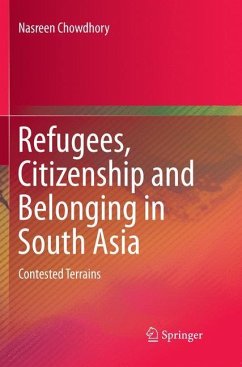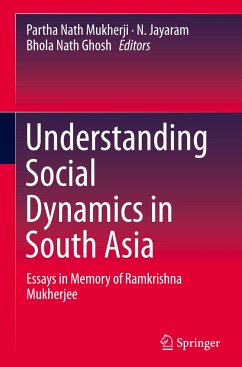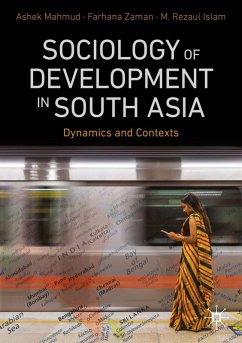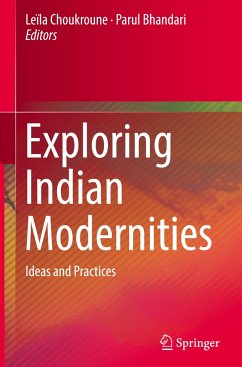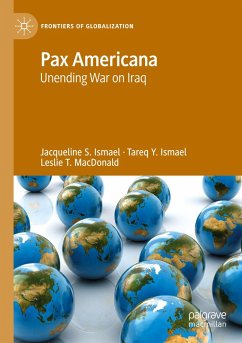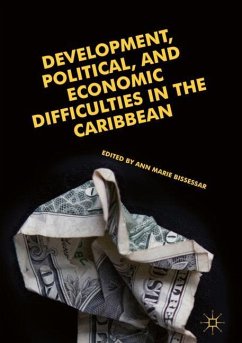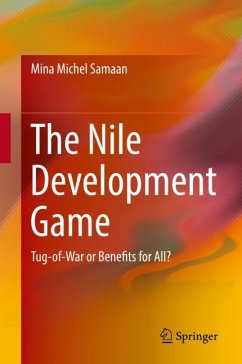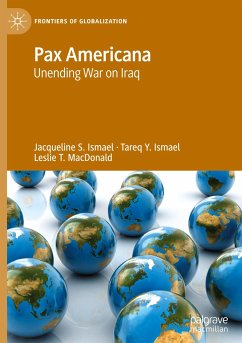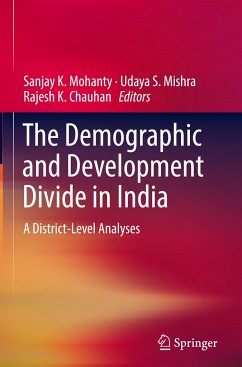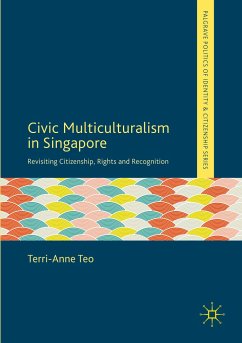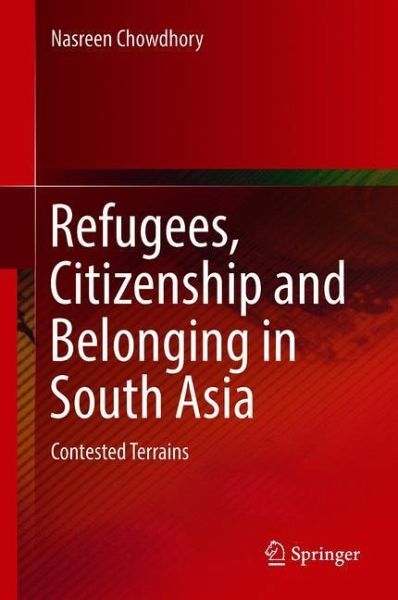
Refugees, Citizenship and Belonging in South Asia
Contested Terrains
Versandkostenfrei!
Versandfertig in 6-10 Tagen
68,99 €
inkl. MwSt.
Weitere Ausgaben:

PAYBACK Punkte
34 °P sammeln!
This book examines forced migration of two refugees groups in South Asia. The author discusses the claims of "belonging" of refugees, and asserts that in practice "belonging" can extend beyond the state-centric understanding of membership in South Asian states. She addresses two sets of interrelated questions: what factors determine whether refugees are relocated to their home countries in South Asia, and why do some repatriated groups re-integrate more successfully than others in "post-peace" South Asian states? This book answers these questions through a study of refugees from Sri Lanka and ...
This book examines forced migration of two refugees groups in South Asia. The author discusses the claims of "belonging" of refugees, and asserts that in practice "belonging" can extend beyond the state-centric understanding of membership in South Asian states. She addresses two sets of interrelated questions: what factors determine whether refugees are relocated to their home countries in South Asia, and why do some repatriated groups re-integrate more successfully than others in "post-peace" South Asian states? This book answers these questions through a study of refugees from Sri Lanka and Bangladesh who sought asylum in India and were later relocated to their countries of origin. Since postcolonial societies have a typical kind of state-formation, in South Asia's case this has profoundly shaped questions of belonging and membership. The debate tends to focus on citizenship, making it a benchmark to demarcate inclusion and exclusion in South Asian states. In addition to qualitative analysis, this book includes narratives of Sri Lankan and Chakma refugees in post-conflict and post-peace Sri Lanka and Bangladesh respectively, and critiques the impact of macro policies from the bottom up.





